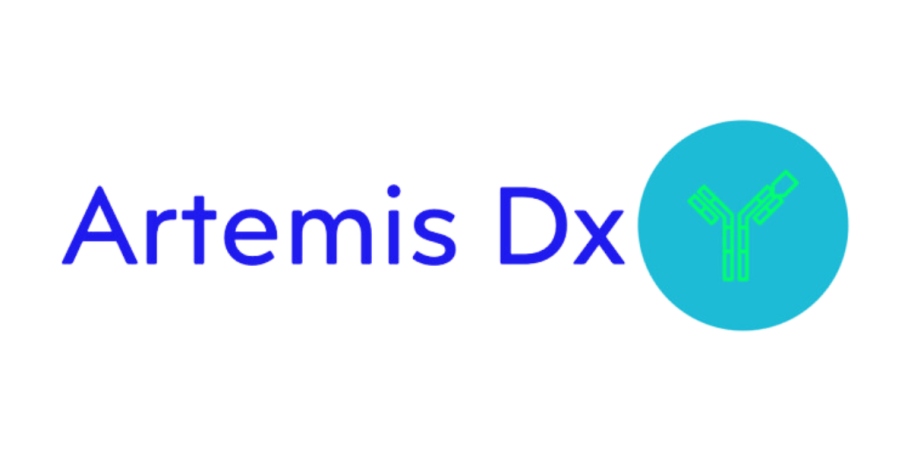Blog
Europium Particles in LFAs
By Hans Boehringer and Robert Hudak, Artemis Dx
Traditionally, the most common labels used in lateral flow assays have been gold nanoparticles. Advances in nanotechnology and material science have led to the development of alternative label particles, including fluorescent europium-doped microspheres, which have gained attention for their superior sensitivity and versatility in LFAs.
Comparing Visual Particle Labels in Lateral Flow Assays
By Hans Boehringer and Robert Hudak, Artemis Dx
This comparative analysis will discuss the chemistry, functionality, and performance of colloidal gold, colored microspheres, and cellulose nanobeads in lateral flow tests, with a focus on their use in point-of-care diagnostics while considering factors like ease of production, optical visibility, particle stability, and overall assay performance.
Conjugation (coupling) Techniques for Lateral Flow Assays
By Robert T. Hudak, Co-founder & COO, Artemis Dx
The choice of the particle and coupling technique is critical for the success of a lateral flow assay. Therefore, it is essential to understand the sample type and the targeted detection molecule properties to correctly select the particle and coupling technique that will provide the best test signal.
The Use of Surfactants in Lateral Flow Assays Part I: Overview- Surfactant Types and Properties
Hans Boehringer, Ph.D., Co-Founder & CSO, Artemis Dx
This overview explores the use of surfactants in LFAs, discussing their chemical properties, mechanisms of action, and their impact on assay performance.
The Use of Surfactants in Lateral Flow Assays Part II: Application of Surfactants - Benefits and Challenges
Hans Boehringer, Ph.D., Co-Founder & CSO, Artemis Dx
This section covers how surfactants facilitate treatment of hydrophobic materials and optimize the drying process for conjugate particles.
White Paper: The Benefits of Using Cellulose Nanobeads in a Model Triplex Respiratory LFA
Hans Boehringer, Ph.D., Co-Founder & CSO, Artemis Dx
Recent advancements in nanotechnology have introduced cellulose nanobeads as a promising alternative to colloidal gold, offering enhanced sensitivity and reduced antibody usage.
We need your consent to load the translations
We use a third-party service to translate the website content that may collect data about your activity. Please review the details in the privacy policy and accept the service to view the translations.






